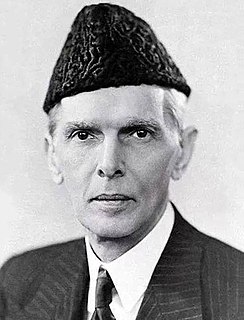A Quote by George Pattison
I'm not sure how far Derrida's later 'theological' interests are really rooted in post-structuralism or whether they don't rather reflect a kind of Kantian-Marxist trajectory - with a French twist on the centrality of liberty, equality and fraternity (cf. Politics of Friendship). Not to mention the role of Levinas and, behind Levinas, Judaism's twinning of eschatology and the call for justice.
Related Quotes
Human rights did not begin with the French Revolution...[they] really stem from a mixture of Judaism and Christianity...[we English] had 1688, our quiet revolution, where Parliament exerted its will over the King...it was not the sort of Revolution that France's was...'Liberty, equality, fraternity' - they forgot obligations and duties I think. And then of course the fraternity went missing for a long time.
The French Revolution gave us three... powerful ideas, or concepts - liberty, equality and fraternity. But these ideas... are not only right in themselves, but they are so because they come in the proper order. You cannot have equality without liberty, and you certainly cannot have fraternity without equality. The importance of this I learnt from music, because music evolves in time, and therefore the order inevitably determines the content.
It is, let me say, at the very least by no means self-evident that there is more liberty, equality, and fraternity in the world today than there was one thousand years ago. One might arguably suggest that the opposite is true. I seek to paint no idyll of the worlds before historical capitalism. They were worlds of little liberty, little equality, and little fraternity. The only question is whether historical capitalism represented progress in these regards, or regression.
Positively, he [Heidegger] shows that the prospect of death doesn't of itself destroy all possibilities of meaning but calls instead for these to be relocated from fantasies about a future post-mortem life. However, I don't think he does enough in this work to show that this relocation has - I believe - a primarily ethical character (in Levinas's sense of 'ethical').
My social philosophy may be said to be enshrined in three words: liberty, equality and fraternity. Let no one, however, say that I have borrowed by philosophy from the French Revolution. I have not. My philosophy has roots in religion and not in political science. I have derived them from the teachings of my Master, the Buddha.
The liberty I mean is social freedom. It is that state of things in which liberty is secured by the equality of restraint. A constitution of things in which the liberty of no one man, and no body of men, and no number of men, can find means to trespass on the liberty of any person, or any description of persons, in the society. This kind of liberty is, indeed, but another name for justice.
Cooperation called fraternity in the classic French formula is as much a part of the democratic ideal as is personal initiative. That cultural conditions were allowed to develop (markedly so in the economic phase) which subordinated cooperativeness to liberty and equality serves to explain the decline in the two latter.































